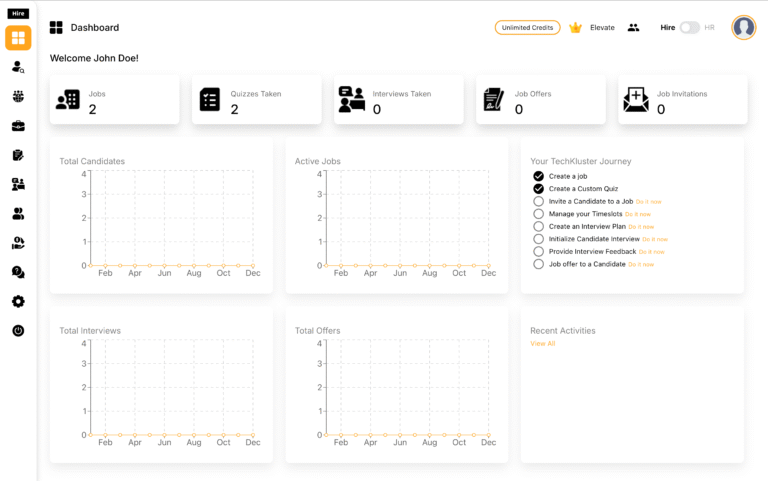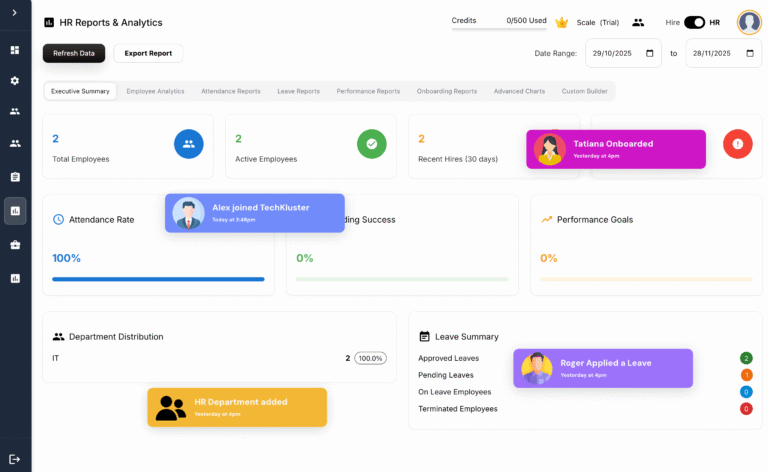Cross-platform development allows developers to create applications that can run on multiple operating systems and platforms with minimal code changes. It enables efficient utilization of resources and wider audience reach. Rust, a modern systems programming language, has gained popularity for its focus on safety, performance, and cross-platform compatibility. In this article, we'll explore how Rust …
Cross-platform development allows developers to create applications that can run on multiple operating systems and platforms with minimal code changes. It enables efficient utilization of resources and wider audience reach. Rust, a modern systems programming language, has gained popularity for its focus on safety, performance, and cross-platform compatibility. In this article, we’ll explore how Rust can be used to rustle up cross-platform development.
Why Rust for Cross-Platform Development?
Rust offers several key features that make it an excellent choice for cross-platform development:
1. Performance: Rust provides low-level control over system resources while ensuring memory safety, thanks to its ownership and borrowing system. This allows developers to write high-performance code suitable for resource-constrained environments.
2. Safety: Rust’s strong type system and ownership model prevent common programming errors such as null pointer dereferences, buffer overflows, and data races. This enhances the reliability and security of cross-platform applications.
3. Cross-Platform Compatibility: Rust’s focus on portability makes it well-suited for cross-platform development. It has excellent support for targeting different operating systems, including Windows, macOS, Linux, Android, iOS, and even embedded systems.
4. Ecosystem and Tooling: Rust has a growing ecosystem of libraries and frameworks that facilitate cross-platform development. The Cargo package manager and build system simplify dependency management, building, and deployment processes.
Cross-Platform Development with Rust
Let’s explore three common approaches to cross-platform development using Rust:
1. Writing Platform-Agnostic Code
Rust allows you to write platform-agnostic code that can be compiled and executed on different operating systems. By leveraging Rust’s standard library and cross-platform crates, you can abstract away platform-specific details and create portable applications.
use std::fs::File;
use std::io::prelude::*;
fn main() {
let mut file = File::create("output.txt").expect("Failed to create file");
file.write_all(b"Hello, cross-platform development!")
.expect("Failed to write to file");
}2. Conditional Compilation
Rust’s conditional compilation allows you to include or exclude code based on the target platform or other compile-time conditions. This approach enables you to handle platform-specific differences efficiently.
fn main() {
#[cfg(target_os = "windows")]
println!("Running on Windows");
#[cfg(target_os = "macos")]
println!("Running on macOS");
#[cfg(target_os = "linux")]
println!("Running on Linux");
}3. Cross-Platform Frameworks
Several cross-platform frameworks and libraries are available in the Rust ecosystem that provide higher-level abstractions for building cross-platform applications. These frameworks simplify common tasks such as UI development, networking, and filesystem access across different platforms. Examples include:
- gtk-rs: A Rust binding for the GTK+ GUI toolkit, enabling cross-platform UI development.
- winit: A window creation and event handling library that supports multiple platforms.
- tokio: An asynchronous runtime for Rust that provides networking and concurrency primitives across platforms.
Testing and Continuous Integration
Testing is an essential part of cross-platform development to ensure consistent behavior across different platforms. Rust has robust testing frameworks, such as cargo test, which allows you to write unit tests and integration tests for your code. These tests can be run on different platforms to catch platform-specific issues early on.
Additionally, setting up a continuous integration (CI) pipeline is crucial for cross-platform development. CI systems like Travis CI, GitHub Actions, or GitLab CI can be configured to automatically build and test your Rust code on multiple platforms, providing valuable feedback and ensuring the stability of your cross-platform application.
Cross-Compilation
Cross-compilation allows you to build binaries for a target platform on a different host platform. Rust supports cross-compilation, enabling you to build executables or libraries for various platforms without the need for separate physical or virtual machines. This feature is particularly useful when targeting embedded systems or platforms with limited resources.
To cross-compile with Rust, you need to set up the target platform using the rustup toolchain manager. For example, to cross-compile for ARM-based Linux systems:
$ rustup target add arm-unknown-linux-gnueabihf
$ cargo build --target=arm-unknown-linux-gnueabihfPackaging and Distribution
Packaging and distributing cross-platform Rust applications can be achieved using different methods, depending on your target platforms and requirements. Here are a few options:
- Static Linking: Rust’s static linking feature allows you to create standalone executables that contain all necessary dependencies. This simplifies distribution since users don’t need to install additional libraries.
- Docker Containers: Docker provides a convenient way to package cross-platform applications along with their dependencies, ensuring consistent behavior across different environments.
- Package Managers: You can leverage platform-specific package managers like
deb(Debian/Ubuntu) orrpm(Red Hat/Fedora) to distribute your Rust applications as system packages.
Real-World Examples
Numerous real-world applications and projects have successfully adopted Rust for cross-platform development. Some notable examples include:
- Firefox: The Rust programming language has been gradually integrated into the Firefox codebase, allowing for improved performance, security, and cross-platform support.
- xi-editor: A modern, cross-platform text editor built in Rust that focuses on speed, simplicity, and extensibility.
- Ripgrep: A fast, line-oriented search tool that combines the convenience of grep with improved performance. It is available for multiple platforms, including Windows, macOS, and Linux.
Conclusion
Rust provides a powerful and versatile environment for cross-platform development. With its focus on safety, performance, and cross-platform compatibility, Rust enables developers to create reliable, efficient, and portable applications that can run seamlessly across different operating systems and platforms. By leveraging Rust’s language features, testing frameworks, cross-compilation support, and packaging options, you can confidently embark on your cross-platform development journey. Embrace the versatility of Rust and unlock the potential of reaching a broader audience with your applications.





